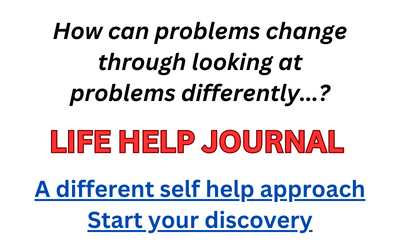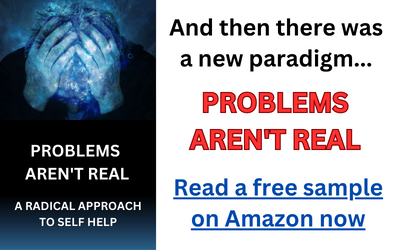I am an advocate for ho’oponopono and conscious living, two methods for an improved living experience. Is one method preferable to the other?
Before considering preferences between ho’oponopono and conscious living, if there are any, I believe it’s important to note that the aim of each is essentially the same: to bring about presence. What is presence? To exist within the moment, to be aware within the moment, to not be transported to future or past through thought.
No thought at all?
Yes, as a general rule. This may sound extreme or impossible even, but that’s because humans have come to accept that a near endless stream of thinking is necessary or ideal. Neither is true. Most thinking in fact is repetitive.
We think over and over again about the same circumstances.
Money. Health. Relationships. Mortality. External events may change, but our thought processes usually remain the same.
Beyond itsrepetitivenature, thought can be exceptionally corrosive. The basis for any and every problem, for instance, is thinking.
How so?
A problem amounts to thinking telling us that something is wrong, and our accepting this thinking as truth. And oh how common it is for people to accept their thinking as true. There may be, at some later point, acknowledgment that a thought trail was inaccurate. But the initial response for most people is to accept their thinking — no matter what it may say — as the truth.
When one is genuinely present, thought does not carry significant influence. Thoughts that may arise are allowed to be, not denied, but they are not internalized or wholly identified with.
Why should one aspire to be present? What’s the payoff? Connection to an internal peace and contentment, referred to in a Biblical verse as ‘the peace of God that exceeds all understanding.’
The best means for getting to this peace then is ho’oponopono or conscious living? Or perhaps some other means?
Ho’oponopono employs mantras in its use. The ho’oponopono practitioner uses ho’oponopono mantras as he or she moves through the life experience, and presence arises from this. Conscious living does not particularly advocate the use of mantras, though mantras can be used and certainly aren’t forbidden — one can engage in conscious living without mantras, however, where mantras are an essential part of ho’oponopono.
So does it come down to a preference for mantras or no mantras? For some people, perhaps. The best way to have presence, ultimately, is the way that resonates with the individual. As I said at the onset of this writing, I am an advocate for ho’oponopono and conscious living both. They are each, in my estimation, important methods for experiencing a peaceful life.
Ralph Waldo Emerson is quoted as saying ‘God enters by a private door into each individual.’ I agree with this, and believe whatever door connects you with divine presence and peace is the door that you should choose.
Get more information about ho’oponopono Here; get more information about conscious living Here.

